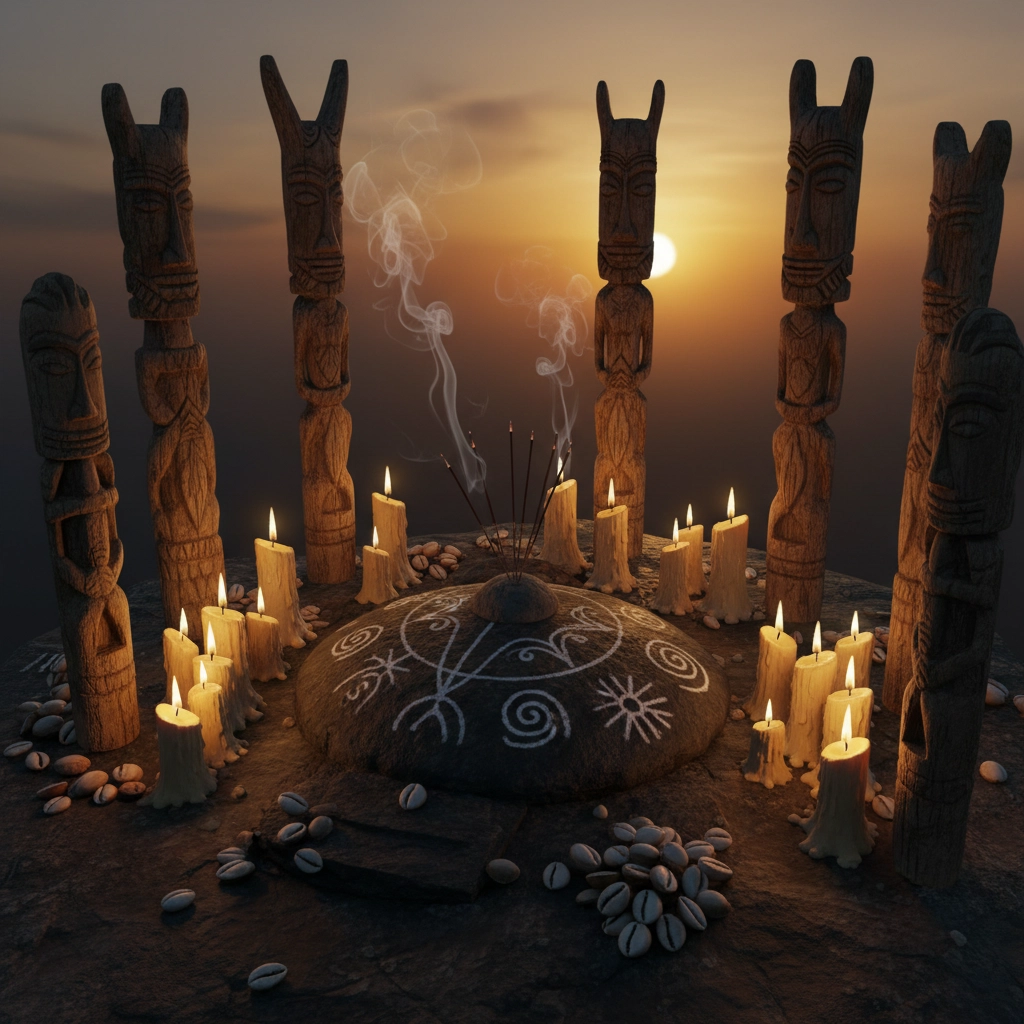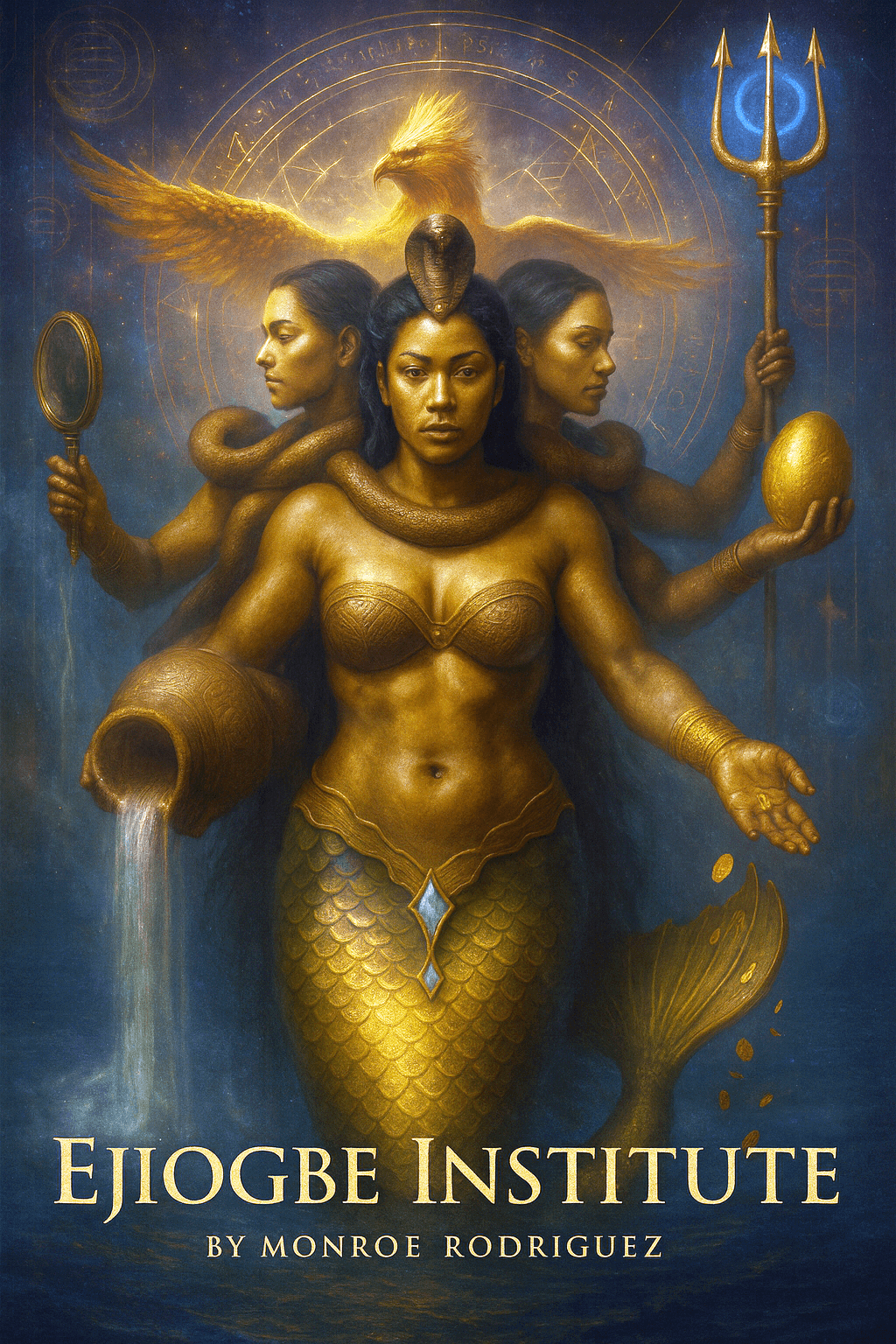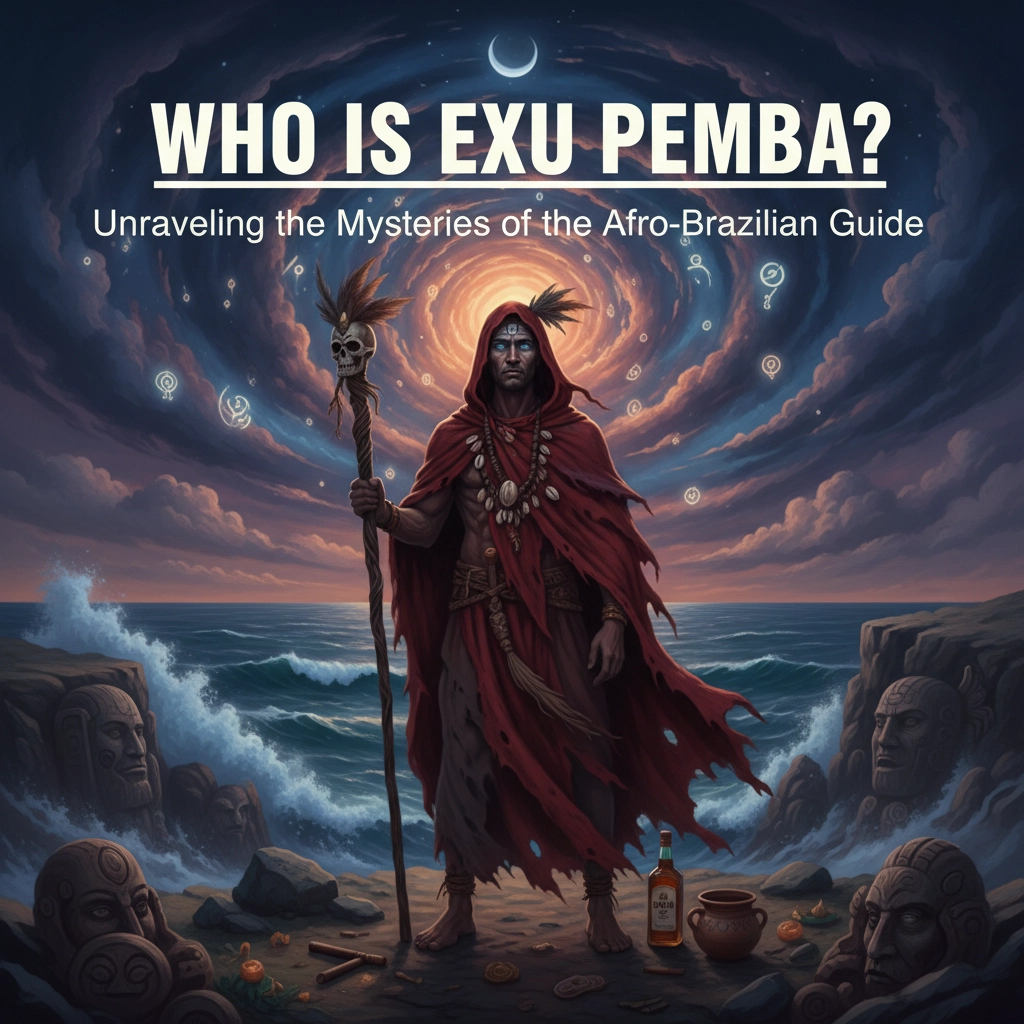Ever wondered about the spiritual guardians who watch over the souls caught between worlds? The ones who govern the liminal spaces where earthly suffering meets divine justice? Meet Exu Pemba: a powerful spiritual entity whose very name whispers stories of liberation, protection, and the sacred duty of guiding tormented souls toward peace.
In the rich tapestry of Afro-Brazilian spiritual traditions, few figures command as much respect and reverence as Exu Pemba. But who exactly is this enigmatic guardian, and why does his presence resonate so deeply within communities seeking spiritual guidance and ancestral connection?
The Chief of Captive Souls: Understanding Exu Pemba's Sacred Role
Exu Pemba stands as the Chief: the Chefe: of the "Povo das Almas do Cativeiro," which translates to the "People of the Souls of Captivity." This isn't just a title; it's a profound spiritual responsibility that speaks to centuries of human suffering, resilience, and the ultimate triumph of the spirit over oppression.
Think about it: in a world where countless souls have experienced the pain of captivity: whether physical, emotional, or spiritual: who better to guide and protect them than an entity who understands their struggle intimately? Exu Pemba doesn't just acknowledge this pain; he transforms it into a source of strength and liberation.

Within the complex hierarchy of Afro-Brazilian spirituality, Exu Pemba operates under the greater Kingdom of Souls: the Reino das Almas: overseen by the powerful duo of Exu Rei das Almas Omulu and Pombagira Rainha das Almas. These aren't just spiritual bureaucrats; they're the King and Queen of the Lomba, governing a realm where justice, healing, and spiritual evolution take precedence over earthly concerns.
The Warrior's Path: Exu Pemba's Connection to Ogum's Line
Here's where Exu Pemba's story becomes even more fascinating. He serves as the negative representative: the representante negativo: in the line of Ogum, one of the most revered spiritual lineages in Afro-Brazilian traditions. But don't let the word "negative" mislead you. In this context, it doesn't mean evil or harmful. Instead, it represents the necessary balance, the shadow work, the challenging but essential aspects of spiritual growth.
Ogum's line is associated with warriors, iron, technology, and the clearing of paths. As Ogum's negative representative, Exu Pemba embodies the fierce protection needed for souls who have suffered, the iron will required to break chains of spiritual bondage, and the revolutionary spirit that refuses to let injustice stand unchallenged.
Beyond the Veil: Where Exu Pemba Works His Spiritual Magic
The souls under Exu Pemba's protection don't exist in some distant, abstract realm. They work in the spaces where life and death intersect, where healing and suffering dance their eternal dance. We're talking about high places that touch the sky, hospitals where miracles and tragedies unfold daily, morgues where final farewells echo with both grief and release.

These aren't random locations: they're sacred spaces where transformation happens. Where once there was only despair, Exu Pemba's influence brings hope. Where once there was only captivity, he opens doors to freedom. This is spiritual work at its most intense and meaningful.
The Power of Names: Understanding "Pemba" in Sacred Context
The name "Pemba" itself carries profound significance in Afro-Brazilian spiritual traditions. It's not just a label: it's a vibration, a calling card that resonates through the spiritual dimensions with power and purpose. When practitioners invoke Exu Pemba, they're not just calling on a distant entity; they're connecting with a force that understands struggle, transformation, and the sacred journey from bondage to liberation.
In many traditions, pemba refers to sacred chalk used in ritual markings and spiritual work. This connection adds another layer to Exu Pemba's identity: he's associated with the tools that create sacred space, mark boundaries between worlds, and establish the foundations for spiritual work.
A Living Tradition: Exu Pemba in Modern Practice
What makes Exu Pemba's story so compelling isn't just his ancient origins: it's how his energy continues to manifest in contemporary spiritual practice. In Umbanda and Candomblé communities across Brazil and beyond, practitioners don't just study Exu Pemba as a historical curiosity; they build active relationships with his energy.
These aren't academic exercises or cultural performances. We're talking about living, breathing spiritual connections that provide guidance, protection, and healing in very real, practical ways. Families pass down knowledge of how to work with Exu Pemba from generation to generation, keeping ancient wisdom alive in modern contexts.

The beauty of this tradition lies in its authenticity and accessibility. You don't need years of theological training to connect with Exu Pemba's energy. You need respect, sincerity, and an understanding that spiritual work requires both humility and courage.
The Broader Family: Exu Pemba Among His Spiritual Siblings
Exu Pemba doesn't work in isolation. He's part of a vast family of Exu spirits, each with their own specializations, territories, and sacred responsibilities. This isn't a competition for spiritual supremacy: it's a collaborative effort where different energies work together to serve humanity's spiritual needs.
Some Exu specialize in matters of the heart, others in business and prosperity, still others in protection and justice. Exu Pemba's domain: the care and liberation of captive souls: represents one of the most challenging and sacred aspects of spiritual work. It requires an entity with both the strength to confront darkness and the compassion to heal ancient wounds.
Transformation Through Understanding: What Exu Pemba Teaches Us
The message of Exu Pemba goes far beyond religious doctrine or cultural practice. He represents a fundamental truth about the human experience: that suffering, when met with courage and wisdom, becomes a doorway to transformation. That captivity, in all its forms, is not the end of the story but a chapter in a larger narrative of liberation.
In our modern world, where so many people feel trapped by circumstances, relationships, or their own limiting beliefs, Exu Pemba's energy offers both challenge and hope. He doesn't promise easy answers or quick fixes. Instead, he offers the tools and guidance needed for real, lasting transformation.

Respect and Responsibility: Approaching Exu Pemba with Sacred Intent
If you're drawn to learning more about Exu Pemba, remember that this isn't casual spiritual tourism. These are sacred traditions with deep roots and serious responsibilities. Approach with respect, seek guidance from experienced practitioners, and be prepared for spiritual work that will challenge you to grow in ways you might not expect.
The path of working with Exu energies isn't for everyone, and that's perfectly fine. But for those called to this work, the rewards: personal transformation, spiritual protection, and connection to ancient wisdom: can be profound and life-changing.
The Continuing Story: Exu Pemba's Relevance Today
As we face modern challenges: social injustice, spiritual disconnection, the breaking down of traditional communities: the energy of Exu Pemba remains profoundly relevant. His message of liberation from captivity speaks to anyone feeling trapped by circumstances beyond their control. His example of transforming suffering into strength offers hope to those facing their darkest moments.
The whispers of ancient wisdom aren't fading in our technological age: they're finding new expression through practitioners who understand that the deepest human needs haven't changed, even as our world transforms around us.
Exu Pemba stands as a bridge between worlds, a guardian of the captive, and a guide for anyone seeking to transform their chains into wings. His story continues to unfold wherever courage meets compassion, wherever ancient wisdom meets modern need, wherever souls dare to break free from whatever holds them captive.
The technology may change, the language may evolve, but the fundamental spiritual truths that Exu Pemba represents remain constant. In a world that often feels chaotic and uncertain, that consistency offers both comfort and challenge: the promise that transformation is possible, and the reminder that it requires both inner work and spiritual support.



